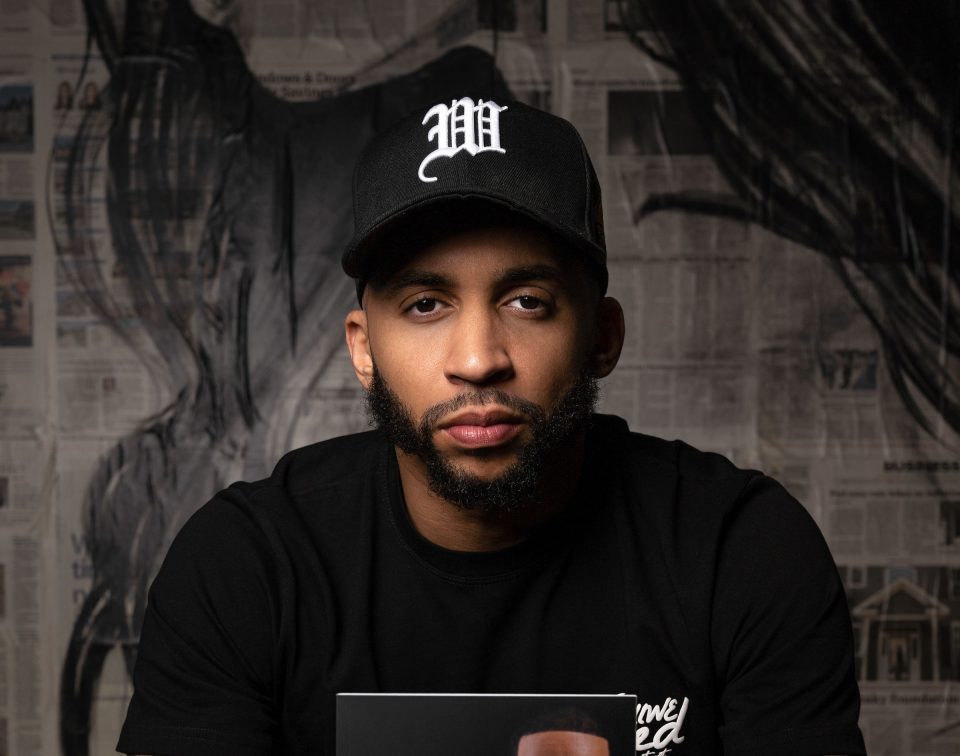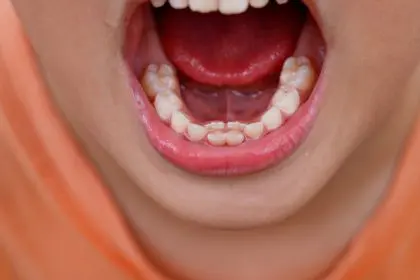
George Johnson is a Houston-based author, mental health advocate, and former athlete who recently released the documentary, Double Crossed: The Documentary.
The project is intended to shed light on the mental health stigma in the Black community by sharing his personal journey.
Johnson disclosed how therapy led him to his purpose.
What inspired you to write this book?
My book initially started out as just a therapy exercise. After sharing with my therapist what I was experiencing at the time, she recommended that I begin journaling. Before I knew it, I had two college-ruled notebooks filled with information I had never shared with anyone. Double Crossed plays off of my love for basketball, but also my experience of being betrayed by my two older brothers.
During a game of basketball, someone may cross you as a way to throw you off, and in my personal life, I was crossed twice by my own blood, resulting in two legal battles over the span of four years. It’s crazy because the plan was never to actually write a book or even release it. I was simply just trying to cope with my depression and anxiety, but with me having such an entrepreneurial mindset I realized I could turn this into something bigger.
Someone who looks like me is not expected to be so open with their mental health journey. I knew if people saw me sharing my story, it could potentially inspire them to do the same.
What should readers and audiences expect from the book?
It’s a true trauma to triumph story. When you read this book, you’re going to experience a rollercoaster of emotions. The good, bad, and ugly of growing up in Richmond, [Virginia], being a star basketball player, experiencing career-ending injuries, building successful businesses including multiple mental health outpatient facilities, and being betrayed by family in the worst ways — but bouncing back from it all.
What was the hardest part of writing this book?
I would have to say sharing and being so vulnerable about what was happening in my life. In the Black community, we’re told men showing emotion and being vulnerable is a sign of weakness, when in reality it’s the opposite. By the time the book was complete, I questioned if I was going to release it. I even considered just sharing it with my closest friends and family.
How important is it for Black writers to tell their stories?
I think it’s extremely important. I’ve learned that personally from sharing my story, and with the responses I’ve gotten from people who’ve reached out whether it’s through social media or in person, or a text. Most people don’t know much about our reality, especially in the inner city. It’s important for the ones who come from that to see what it looks like when you make it out, which is why it’s essential for me to remain relatable.















